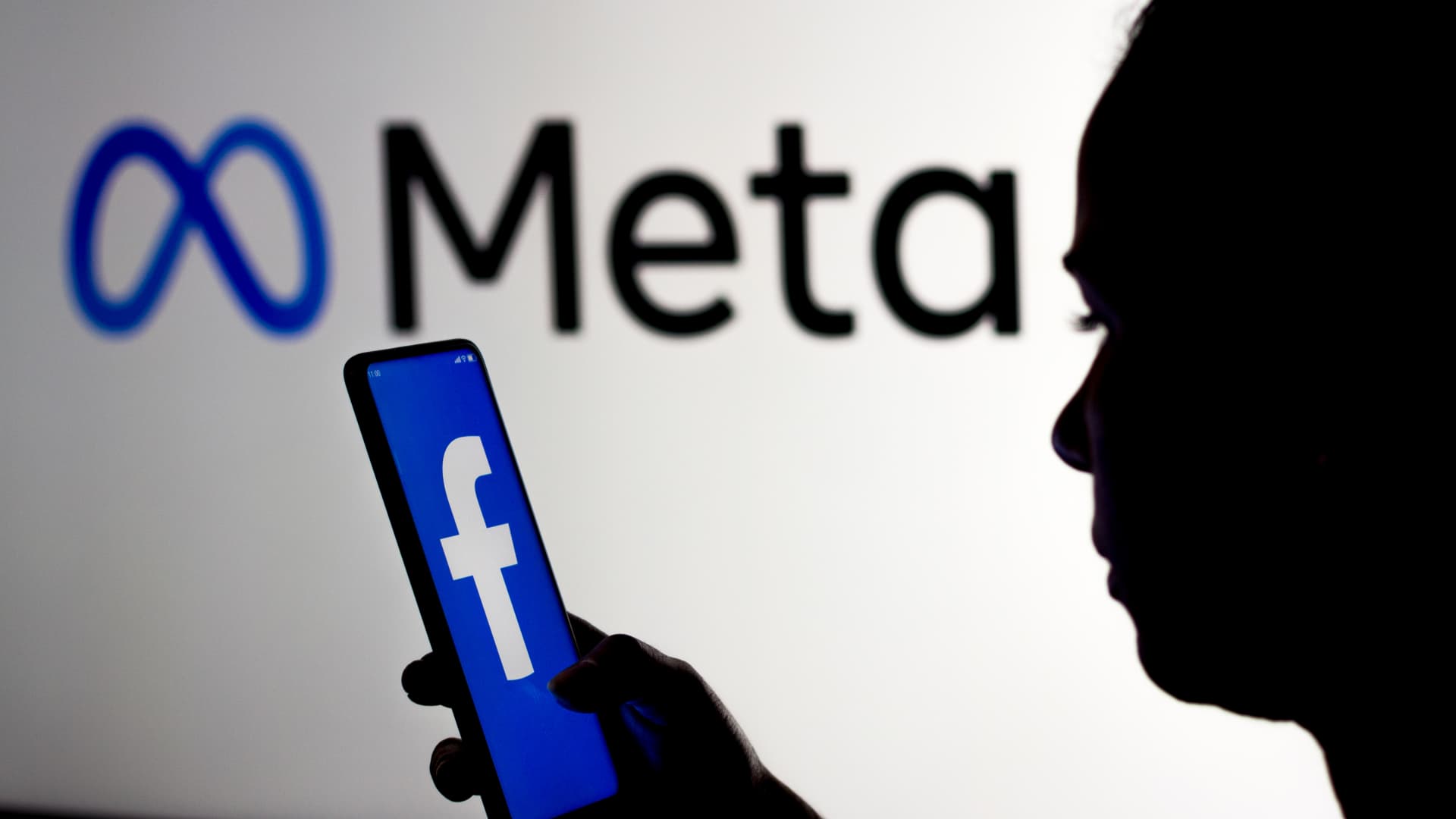Facebook parent Meta agrees to pay $725 million to settle privacy lawsuit

Rafael Henrique | Sopa Images | Lightrocket | Getty Images
Facebook parent

Rafael Henrique | Sopa Images | Lightrocket | Getty Images
Facebook parent
The class action lawsuit was prompted in 2018 after Facebook disclosed that the information of 87 million users was improperly shared with Cambridge Analytica, a consultancy firm linked to former President Donald Trump’s 2016 election campaign.
The case was broadened to focus on Facebook’s overall data-sharing practices. Plaintiffs alleged that Facebook “granted numerous third parties access to their Facebook content and information without their consent, and that Facebook failed to adequately monitor the third parties’ access to, and use of, that information,” according to the law firm behind the lawsuit.
Judges overseeing the case in the Northern District of California will now have to approve the settlement.
“We pursued a settlement as it’s in the best interest of our community and shareholders. Over the last three years we revamped our approach to privacy and implemented a comprehensive privacy program,” a Meta spokesperson told CNBC. The company did not admit wrongdoing as part of the settlement.
The Cambridge Analytica scandal prompted global outrage and a flurry of regulators worldwide to scrutinize Facebook’s data practices.
After the revelations, the U.S. Federal Trade Commission opened a probe into Facebook over concerns that the social media firm had violated the terms of a previous agreement with the agency, which required it to give users clear notifications when their data was being shared with third parties.
Facebook in 2019 agreed to a record $5 billion settlement with the FTC. Facebook also agreed to pay $100 million to settle a case around the same time with the U.S. Securities and Exchange Commission over allegations the company made misleading disclosures about the risk of misuse of user data.
Cambridge Analytica, which shut down after the allegations in 2018, was controversial because the data it harvested from Facebook was used to inform political campaigns.
In 2018, Britain’s Channel 4 News filmed Cambridge Analytica executives suggesting that the firm would use sex workers, bribes, ex-spies and fake news to help candidates win votes around the world.
Since the scandal, Facebook changed its name to Meta to reflect its growing ambitions to become a leader in the metaverse, a term used to refer to virtual worlds. Facebook, still one of the world’s biggest social media firms, is run by Meta.
But Facebook has seen a slowdown in growth due to a slowing in the advertising market, changes to Apple’s iOS privacy rules and rising competition from TikTok.